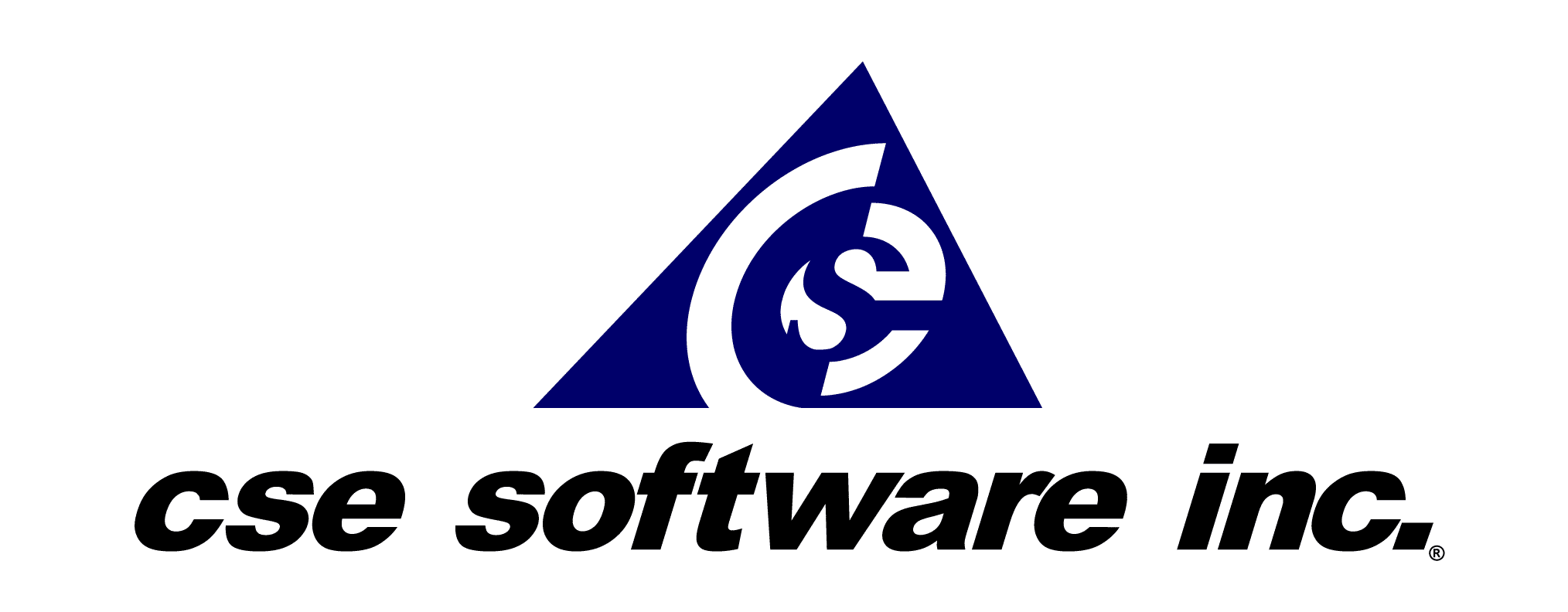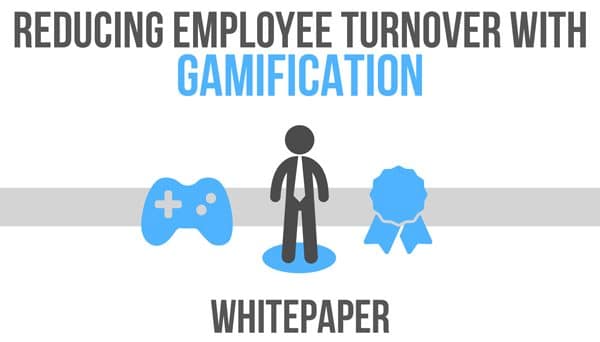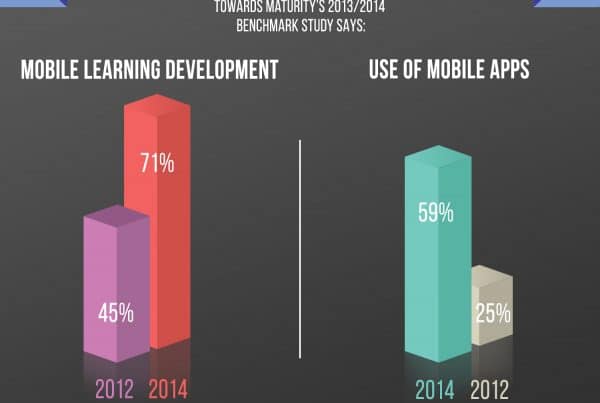One of the most popular trends in higher education among top universities and colleges today is the advent of Massive Open Online Courses (MOOCs). Academic experts and critics believe that the proliferation of these eLearning development online educational tools has the potential to significantly impact how colleges and universities will run in the near future.
One of the primary factors that is driving the popularity of MOOCs is the fact that the costs for attending college and earning a bachelor’s degree have never been higher. According to the US News University Directory, during the 2011-2012 academic year, 60 percent of families were unable to consider attendance at some prospective colleges due to their inability to finance the costs. In their pursuit for more affordable options, students largely spurred the rapid eLearning development that has overtaken many top universities. As higher education officials and administrators manage shrinking budgets and negotiate financial headaches, the affordability of cloud-based computing, digital textbooks and mobile connectivity offers a viable alternative to additional schooling.
Another tremendous boon to eLearning development software is the increasing demand for high quality American education from students around the world. Underprivileged students in poorer countries who would otherwise not have the opportunity to take courses from elite universities such as Harvard and Stanford could now participate in online programs. Many of these programs offer the exact same curriculum to online students that their physical counterparts would experience.
“[The advent of MOOCs] holds the potential for serving many, many hundreds of thousands of students in a way we simply cannot today,” Molly Corbett Broad, president of the American Council on Education, told MoneyWatch.
According to Virtual College, MOOCs traditionally come in three different formats, with three unique goals. Network-based MOOCs focused primarily on providing learning environments that encourage conversation among its participants, leading to the distribution and dissemination of ideas between learners. Task-based MOOCs require students to complete specific assignments, with a particularly number of tasks demanded. In this scenario, group learning is less of a priority than acquiring individual skills. Finally, content-based MOOCs are generally considered the most commercially viable, as its participants tend to produce content that is considered valuable. According to the source, content acquisition takes precedent over task completion and networking, with its general pursuit described as instructivist.
Along with providing benefits for its participants, eLearning development can be a massive boon for professors and administrators as well. According to The Huffington Post, online courses that are adopted on campus could save professors substantial time. By freeing them from rote lecturing duties, these academics could spend more time on research projects and one-on-one discussions and meetings with individual students.
Additionally, another segment of the global population that stands to benefit from a mass migration to MOOCs is the elderly demographic. Older workers may be interested in upgrading their skills and knowledge to keep up with an increasingly-competitive job market but may not have the money or time to further their education. By enrolling in an online college course, these workers could work on their own time while attaining a high-quality education.
Among all these various factors, count Richard DeMillo, a computer science professor who heads the Center for 21st Century Universities, as a believer.
“We’re in the middle of a potentially groundbreaking experiment,” Demillo told The Huffington Post. “Really big things could come out of it.”
Those looking to get the best benefit from mobile and online training app development should contact CSE Software Inc. for a comprehensive review of the tools and strategies available to them. The CSE development team can show you how to increase your learning strategies, boost productivity and engagement, all with the simple addition of mobile teaching programs.
Contact Stacey Burris at sburris@csesoftware.com or 1.309.670.7595 and ask for an eLearning demo today!



